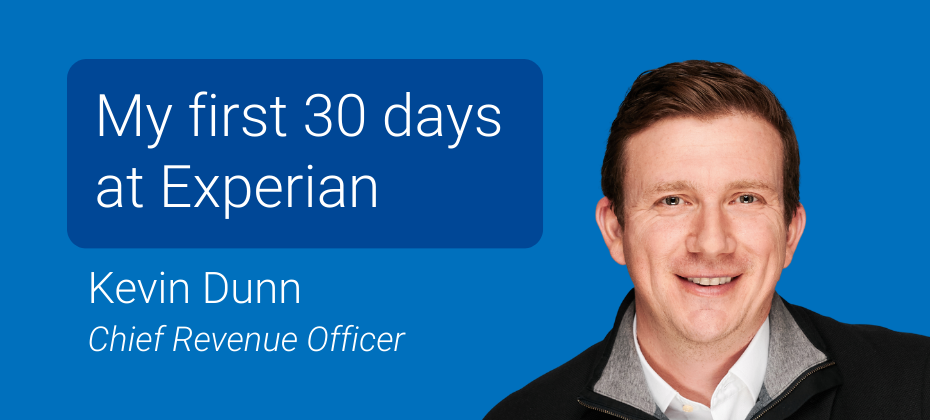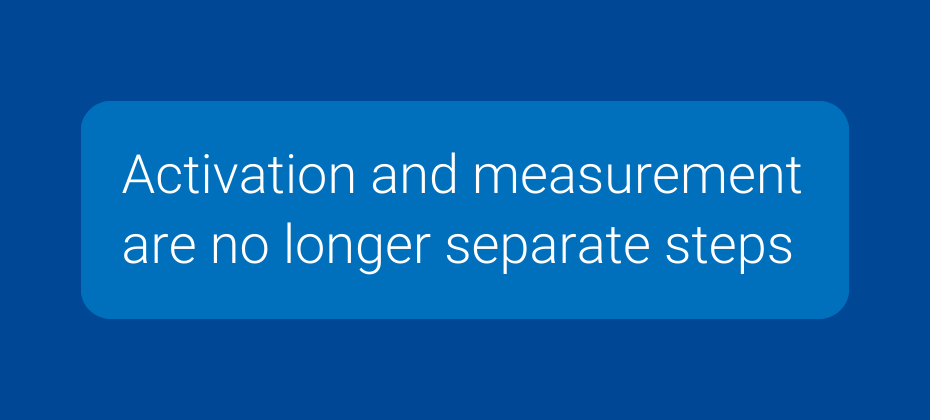At A Glance
Google’s third-party cookie deprecation plans are on hold, but privacy expectations continue to rise. Marketers still need identity-based, data-responsible solutions to understand and reach audiences effectively. Experian helps brands stay connected through privacy-first identity, data collaboration, and measurement solutions that perform across channels, with or without cookies.In this article…
The marketing world has been preparing for years for the end of third-party cookies, and the news has shifted again. In 2025, Google paused its plan to phase out third-party cookies in Chrome, opting instead to introduce new privacy controls that let users manage how their data is shared. Even with this change, one truth remains: privacy-first; identity-driven marketing is no longer optional. For marketers, it’s about moving beyond reliance on cookies toward durable strategies built on trust, consent, and connected data.
What is cookie deprecation?
Cookie deprecation refers to browsers ending support for third-party cookies, which have long allowed advertisers to track user activity across multiple websites. These cookies were the foundation of behavioral targeting and attribution. By contrast, first-party cookies, created by a brand’s own website, will continue to function. They store essential information like logins or preferences and are central to modern data collection strategies.
The change aims to improve privacy and transparency, giving users more control over their information. For marketers, it represents a shift from broad tracking to consented, identity-based engagement.
Experian’s view: While third-party cookies may linger longer than expected, identity should remain the cornerstone of every marketing strategy.
Why is cookie deprecation reshaping the industry?
The shift toward privacy-first marketing didn’t begin with Google, but Chrome’s decision to limit third-party cookies has amplified the impact. Safari and Firefox removed third-party tracking years ago, but Chrome’s dominance, with roughly 65 percent of the global browser market, makes its shift a defining moment for advertisers.
- Apple App Tracking Transparency (ATT): Requires user permission before app tracking.
- Global Privacy Control (GPC): Lets users signal how their data can be shared.
- General Data Protection Regulation (GDPR) and California Consumer Privacy Act (CCPA): Enforce consent and transparency in data use.
- Google Tracking Protection: Now limits cross-site tracking for 1 percent of Chrome users, about 30 million people, before a full rollout.
The platform response
Google’s Privacy Sandbox initiative and new user privacy control interface aim to balance personalization with user protection. These updates mark a shift toward data transparency rather than full deprecation.
Experian supports this evolution by helping marketers adapt through privacy-led identity, data collaboration, and measurement solutions that meet compliance standards while maintaining addressability and performance across channels.
How will cookie deprecation affect marketers?
Marketers will notice several shifts:
- Less cross-site visibility: Without third-party cookies, connecting behavior across websites becomes difficult, making it harder to attribute conversions.
- Greater dependence on first-party data: Data collected directly from consumers (emails, preferences, purchase history) will be crucial for targeting and measurement.
- Increased adoption of alternative IDs: Solutions like Experian’s alternative IDs help maintain addressability and measurement in a cookieless world.
- Renewed focus on contextual advertising: Relevance now depends on where an ad appears rather than who sees it.
- New compliance expectations: Marketers must prove transparency and respect for consent under tightening global privacy laws.
What challenges should marketers expect with cookie deprecation?
Marketers face both operational and strategic hurdles as third-party cookies lose value.
Addressability and targeting gaps
Without universal identifiers, reaching audiences across channels becomes fragmented. Advertisers must unify data from CRM systems, mobile apps, and offline touchpoints to maintain reach.
Measurement and attribution complexity
As cookies disappear, so do last-click and view-through models. Solutions must rely on first-party data and probabilistic modeling to evaluate performance.
Privacy and consent management
Data collection now requires clear opt-ins, user control interfaces, and secure consent management systems that align with IAB standards.
Resource and skill constraints
Testing new identity and data solutions can be costly. Smaller teams may struggle to integrate clean rooms, universal IDs, or new reporting APIs.
Experian’s role: Experian supports marketers through this transition with privacy-compliant data infrastructure, identity graphs, and measurement tools that work across every major platform.
How can marketers adapt to a cookieless future?
Cookies may still exist, but durable identity strategies are the future of digital marketing. Here’s how to prepare:
- Use first-party data: Collect information directly from your customers through loyalty programs, preference centers, and interactive content.
Invest in analytics that translate this data into insight. - Establish a trusted identity foundation: Experian’s Digital Graph connects more than 4.2 billion digital identifiers, linking households and devices in privacy-compliant ways. That means marketers can expand their addressable reach and understand audiences without relying on cookies. Experian’s data-collaboration solutions let you combine your first-party data with partner insights securely, unlocking deeper audience understanding.
- Explore alternative targeting technologies: Contextual methods powered by Experian’s data accuracy ranked #1 by Truthset, help you maintain personalization while respecting privacy.
See how Experian’s identity resolution and data collaboration solutions can help you adapt in a cookieless world.
What are the best practices for post-cookie marketing?
- Be transparent: Make consent simple and clear, and show how data adds value. Experian helps brands maintain transparency through privacy-first data solutions built on consented consumer information.
- Prioritize data quality: High-quality, verified data builds confidence and improves ROI. Experian’s accurate and validated data assets ensure marketers reach real people with relevant messages.
- Choose the right partners: Work with technology providers like Experian that support privacy regulations and enable interoperability across platforms.
- Keep the customer experience central: Relevance and respect earn long-term loyalty, values embedded in Experian’s approach to responsible marketing.
What does the future look like for advertising without cookies?
The end of cookies isn’t the end of personalization. It’s a chance to design advertising that earns consumer trust. Marketers who connect data responsibly and measure real outcomes will outperform those chasing outdated identifiers.
Experian already helps global brands build this future through:
- Consumer Sync identity solution: Enables consistent, privacy-safe engagement across channels.
- Consumer View data solution: Delivers compliant, data-driven insights to inform data-driven marketing decisions.
- Digital and Offline Identity Graph: Provides scalable connectivity across digital and offline environments for a unified customer view.
Learn how Experian can help you thrive after cookie deprecation
Cookie deprecation changes how digital marketing works, but it doesn’t erase the value of data. With Experian’s identity, connectivity, and trust-based solutions, you can continue reaching audiences effectively and measure what matters.
Explore how Experian can help you connect confidently in a cookieless world
FAQs
Cookie deprecation refers to browsers ending support for third-party cookies, which track users across sites. This shift promotes greater privacy and transparency while encouraging marketers to use first-party and identity-based data for targeting and measurement.
As of September 2025, Google paused its plan to fully deprecate third-party cookies in Chrome. The company will introduce new user privacy controls that allow individuals to choose how their data is shared, while continuing to test privacy-preserving APIs through its Privacy Sandbox.
Safari and Firefox already block third-party cookies, and other browsers have adopted similar restrictions. While Chrome’s deprecation is paused, its large user base, more than 60 percent of global traffic, means its future policies will continue to influence how marketers plan and measure campaigns.
Even with Google’s pause, marketers should keep building privacy-first strategies. Focus on:
– Strengthening first-party data through loyalty programs and preference centers.
– Using Experian’s Digital Graph to connect audiences across devices and environments.
– Activating with Consumer Sync® for consistent, privacy-safe engagement.
– Collaborating securely through Experian’s data collaboration solutions, which allow brands to share insights responsibly.
Latest posts

Kevin Dunn has been Chief Revenue Officer at Experian Marketing Services for one month. Here are his thoughts on his first 30 days.

Learn how combining first-party, third-party, contextual, and geographic data work together supports an integrated data strategy in 2026.

See how marketing measurement in 2026 connects activation, identity, and outcomes so insights guide campaigns while they run.